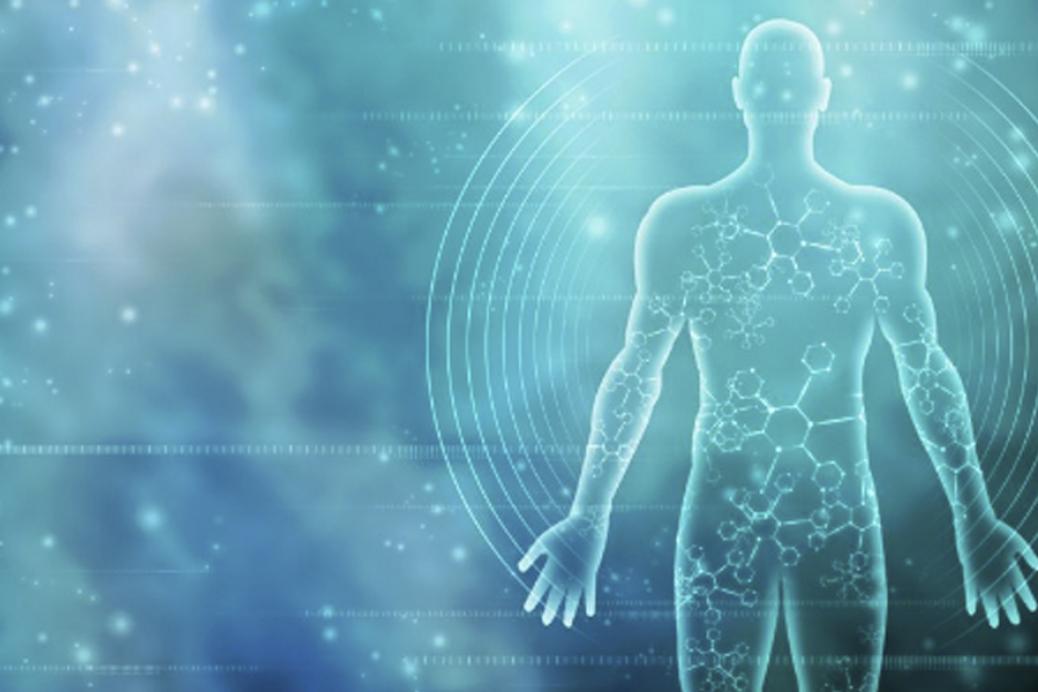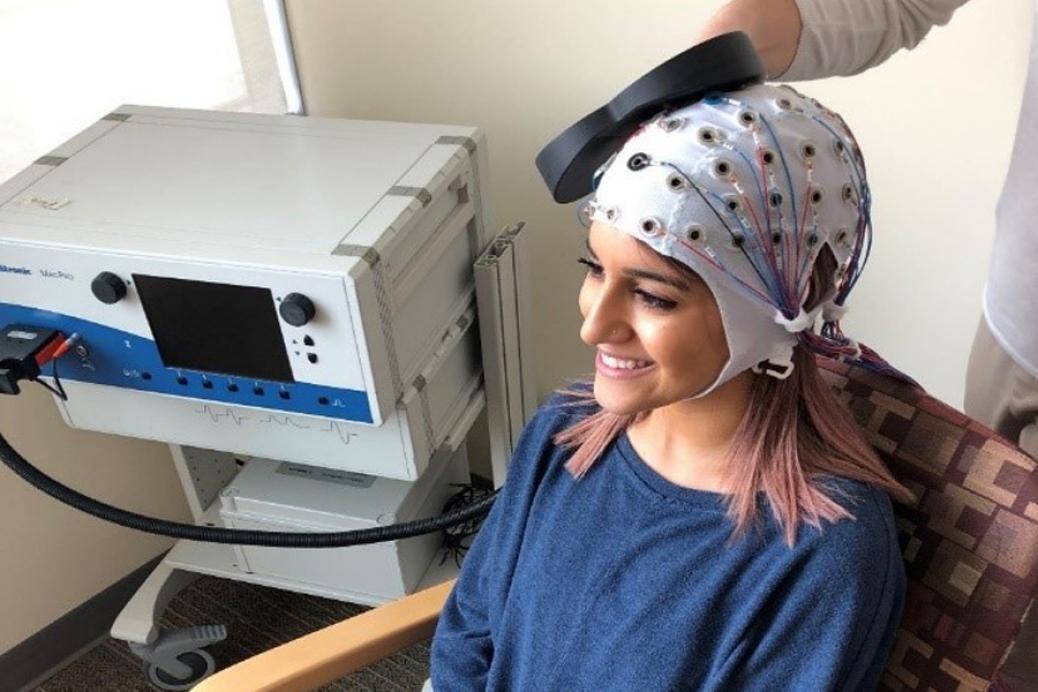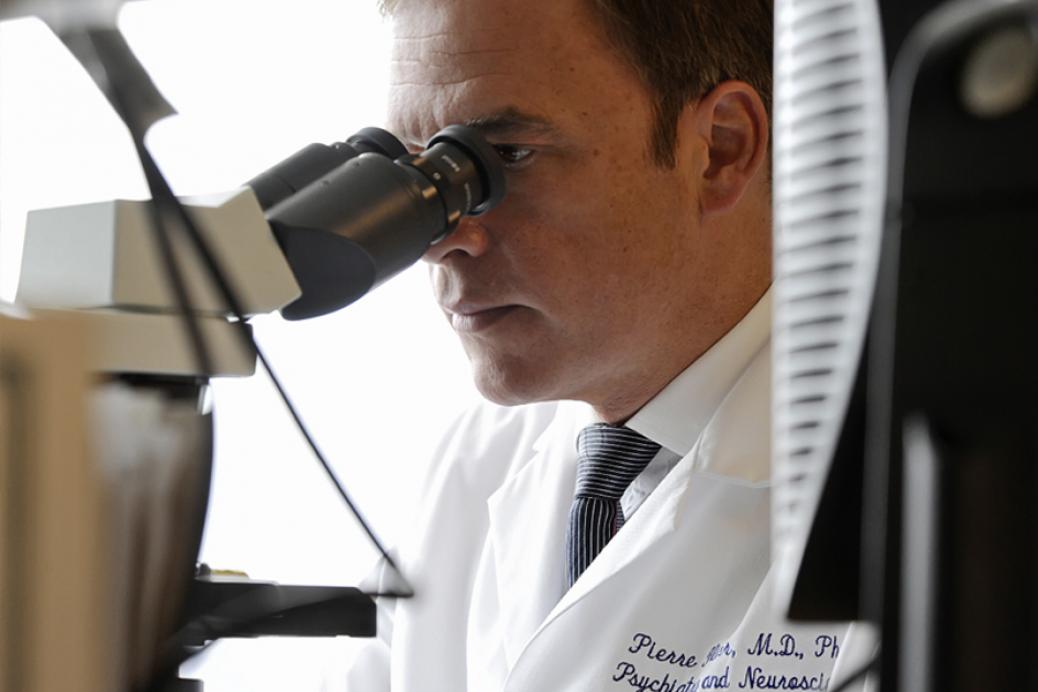Homegrown innovation in mobile health monitoring
The Royal is part of an innovative platform that promises to bring mobile mental health and wellness to a new level.
It taps into a popular social media platform that is used by tens of millions of people in North America: Twitter.
TryCycle Data Systems, an Ottawa-based company, designed a smartphone-based platform that augments traditional therapy by facilitating a strong digital connection between therapists and their clients.
In 2019, Dr. Clifford Cassidy, a scientist at The Royal’s Institute of Mental Health Research (IMHR), and his research team, made a ground-breaking discovery – a brain-based biomarker that uses neuromelanin-sensitive MRI (NM-MRI) to measure dopamine in the brain, which can help identify psychosis in people living with schizophrenia.
Learn more.
Hope for People Living with Treatment-Resistant Major Depressive Disorder
Dr. Sara Tremblay, a scientist at The Royal’s Institute of Mental Health Research (IMHR), has been tirelessly working for the past two years to bring an rTMS clinical-research platform to The Royal, in an effort to help people living with treatment resistant depression – those who have failed to respond to one or more different antidepressant medications.
From Suicide Ideation to Suicide Attempt: Understanding the Progression of Treatment-Resistant Depression through Neuroimaging
Suicide is the second leading cause of death among youth and young adults in Canada. Every year, 4000 people die by suicide in Canada alone. Suicidal ideation – thinking about, considering, or planning suicide – is a common symptom in patients with major depression.
Learn more.
The World Health Organization estimates that by the year 2030, depression will have the largest global burden of disease. One in six Canadians are diagnosed with depression at some point in their lives and up to one third of them will not respond to existing treatments. Depression that does not respond to at least two different antidepressant strategies is considered treatment-resistant.
Learn more.








